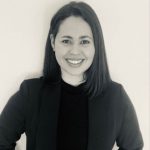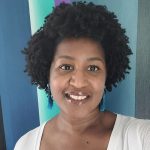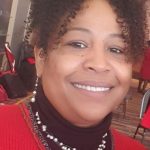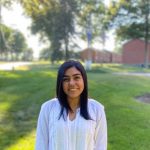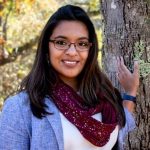Hartford Courant (Doctoral candidate Robert Cotto Jr. quoted)
Neag School Accolades: Summer 2021
Peer-Reviewed Study Finds Safety Concerns, Child Care Issues Drove Hartford Parents’ Choice of Remote or In-Person Learning in Fall 2020
Hartford Courant (A study co-authored by Neag School doctoral candidate, Robert Cotto, and former faculty member Sarah Woulfin, is featured)
First Endowed Music Scholarship Awarded at West Liberty University
Wheeling News Register (Neag School alumna Judith Bartell Paesani is featured regarding an endowed scholarship)
Meet the Neag School 2021-22 Alumni Board and Board of Advocates
10 Questions: State Recognizes Two Counselor Education Grads
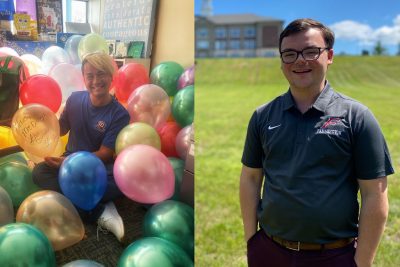
In our 10 Questions series, the Neag School catches up with students, alumni, faculty, and others throughout the year to give you a glimpse into their Neag School experience and their current career, research, or community activities.
Neag School alumni Curtis R. Darragh IV ’15 MA and Kurt Daigle ’19 (CLAS), ’21 MA recently won the Connecticut School Counselor Association’s top awards for 2021 for their dedication to school counseling. Darragh, a school counselor for Danbury (Connecticut) Public Schools, was recognized as School Counselor of the Year, and Daigle, a newly hired school counselor for Farmington (Connecticut) Public Schools, was recognized as Intern of the Year.
They are both graduates of Neag School’s Counselor Education and Counseling Psychology program.
Q: What does it mean to you to have been named School Counselor/Counselor Intern of the Year?
Curtis R. Darragh: To represent the whole state came as a surprise. Since graduation, I’ve been a counselor for the past six years at Westside Middle School Academy in Danbury, Connecticut. When you love what you do, you’ll never work a day in your life. It’s been fun, and you get to learn so much. This year felt like more work, but I feel happy and successful. I feel inspired and enjoy the power of putting smiles on other people’s faces.
“When you love what you do, you’ll never work a day in your life.”
– Curtis R. Darragh IV ’15 MA
Kurt Daigle: It was such an incredible honor to be considered worthy of such an award. When looking for an internship site, I looked at Farmington High School, where I graduated in 2015. I knew I would get good experience there, as they were incredible mentors to me in high school and had a comprehensive program. They inspired me to be a school counselor. So, I picked up where I left off six years ago when I left high school. It’s been such an honor during this incredibly challenging year to return to the district that inspired me to go into education and continue my learning as a professional. It means so much.
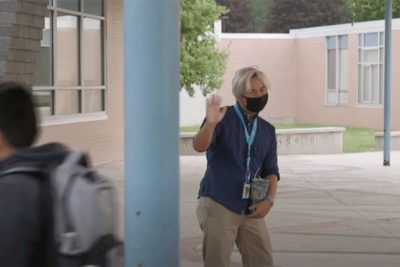
Q: Why did you decide to become a school counselor?
CD: In high school, I did technical preparation courses to earn college credit. At the time, I wanted something in nursing or medicine. … In talking to my parents one night at dinner, they wanted to know what I’d do if that field didn’t work out. What was my backup plan? I didn’t have one.
I loved reading, and when the Harry Potter books came out when I was 15 years old, he expressed a lot of anger and emotions. I remembered wondering if Harry had someone to talk to at that age, someone he could trust. It was so relatable. I thought maybe about being a mental health counselor.
I loved the college search journey. As an undergrad at Eastern Connecticut State University, I decided to study psychology, concentrating on children. I worked with autistic kids in schools and enjoyed talking to them, including understanding the family dynamics. Each kid was a story. I decided to continue that with graduate school at UConn for school counseling. So, I took a different path than what I originally planned. That’s OK. You may have a plan, but have a backup, too.
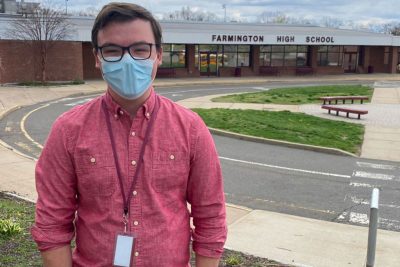
KD: I knew since I left high school that I wanted to be a school counselor. I recognize the rarity in that, and I’m very fortunate that I figured out what I wanted at a young age. In sixth grade, I lost my mother to cancer. If it weren’t for my teachers and counselors, and administrators at that point in Farmington, I would not be the person I am today. I would not be on the path of becoming a life-transformative educator without their mentorship.
This is a lifelong career for me, and I can certainly see myself working in the field of education for the rest of my life. I fell in love with the role of a school counselor and had a great relationship with my school counselor … this type of work that’s challenging and busy, but very rewarding.
Q: Why are school counselor positions important during these turbulent times?
CD: Because we are here for the kids, we help them with social-emotional issues. There has been a massive rise in mental health [issues] this year. There is anxiety and depression and heightened fears about the coming school year. A lot of school counselors watched kids, seeing them connect, even in a hybrid model. We noticed that some kids were not making eye contact. The role is crucial to rebuilding those emotional connections with a human being. They need the feeling of being loved, which some don’t get at home. So, we are there for the emotional ties … It’s crucial that the kids can come to school and feel loved, cared for, and safe.
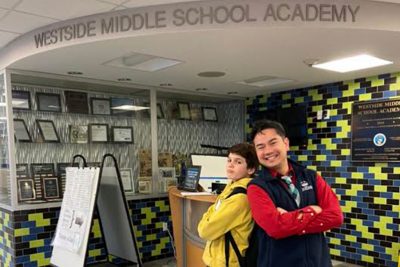
My role is not going to get any easier. We need more counselors to lower the student-to-counselor ratio. Many schools are up to 475:1, my partner and I are at 375:1. It should be around 250:1, according to the American School Counselor Association. That’s is why I provided testimony in support of SB 312 (An Act Concerning School Counselors) to the Connecticut School Counseling Association. But, unfortunately, it didn’t pass. We have an unmanageable caseload, and this causes high rates of burnout. We don’t want that, and we shouldn’t have to go through that.
My office is a revolving carousel, in and out. My day may start with a parent who has no internet and no food. Then, I may have to reach out to the Connecticut State Department of Children and Families. I try to figure out how I am going to be helpful. It’s always essential to put on that game face, using heroic listening skills.
KD: I see school counselors as tier one interventionists. We are the folks on the ground, and we know the students well and are there to identify students who need additional levels of care. We need to understand their story and context to help them plan for success in and after high school. It’s an enormous responsibility. We help the students see themselves in new ways and work with them to make their goals. That’s gratifying work that I’m looking forward to doing.
“We know the students well and are there to identify students who need additional levels of care. We need to understand their story and context to help them plan for success in and after high school. It’s an enormous responsibility.”
– Kurt Daigle ’19 (CLAS), ’21 MA
Q: How were you able to make it through this past year?
CD: Exercising was beneficial. I also used guided imagery, which I taught to the students. I took time for myself, including lots of hiking. I enjoyed some excellent shows on Netflix. I also ate healthier, which I [taught] myself, since I’m not a big cooker, including watching tutorials on YouTube … I also called my Filipino mother, who would help me out with anything.
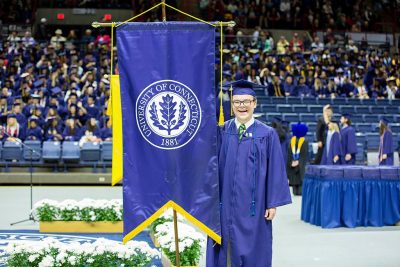
KD: I can’t speak highly enough of some of the faculty at the Neag School, including Jim O’Neil, Sara Renzulli, Diandra Prescod, and others. These are wonderful folks and champions in their field, and I can’t say enough good things about them. They have challenged me to be a more resilient, open-minded, creative, culturally competent school counselor. So, I take a lot of my success from their classes and their instruction and mentorship.
Also, I can’t say enough good things about the cohort model. If it weren’t for the other folks in my program, I wouldn’t be the school counselor I am today. They gave me reassurance, guidance, support, and friendship. It’s great to know that I have friends out there in the professional field of school counseling in Connecticut that I hope to work with further and learn from in the years to come.
Q: What do you like best about being a school counselor?
CD: That’s my favorite question! I love middle school, and people think I’m crazy. For a kid that comes into the sixth grade, they are full of adventure and wonder. Then they become seventh-graders, and they experience hormonal rages. The kids don’t know why they’re crying, nor why they’re angry. So, I tell them to “listen to their body” and about the curiosity of attraction. I also tell them about the curiosity of academics …
As eighth-graders, they become more independent, and then they leave you. I’m a mess at eighth-grade graduation! I hear from parents who say, “My kids still talk about you.” I get a lot of thank-you cards and hugs and high-fives. I watch them grow over the three years, grow into trusted young adults, and then they leave for high school.
KD: I’m very grateful for my internship, which was a yearlong, on-the-job training. It has been eight years since I’ve known I wanted to be a school counselor. I’m so grateful to be entering my professional career. But that’s just the beginning. I’m excited to work in the district I grew up with. I did my student teaching there and have started my professional career here. I’m excited to get to know my students. I want to continue to teach at the university level. I feel very comfortable at the front of the classroom. A long-term goal of mine is to teach future school counselors.
Q: How did the Neag School prepare you for your role?
CD: I love the Neag School, including the teachers like Dr. O’Neil and Dr. Perusse. I learned a lot from them. The one class that stood out was Dr. Colbert’s multicultural class, where I learned more about how people are all different – and appreciate and understand [that]. As an Asian American gay male, there will be lots of kids that will connect with me as their educator. I can represent their school’s population and identity. I learned to maintain kindness and respect and love myself. We can educate others on compassion and respect.
“I can’t speak highly enough about the professors and the cohort model … I’m very grateful for my time at the Neag School.”
– Kurt Daigle ’19 (CLAS), 21 MA
KD: I can’t speak highly enough about the professors and the cohort model. We get together every week and talk about the challenges, and we bounce ideas off each other. We supported each other during a challenging year. It requires us all to be supportive, and I’m very grateful for my time at the Neag School.
Q: What were some of your favorite memories at UConn and/or the Neag School?
CD: I did the Neag School program with my best friend, Michelle. She’s now a counselor at Plainfield High School. We went to high school together, then Eastern’s psychology program, and then we both worked for two years. So, some of my best memories are shared through her. We were all in the same classes, in the same cohort. We met some fantastic people, and we have stayed connected.
KD: One highlight of my graduate school experience was proposing, designing, and teaching a brand-new first-year course with Leo Lachut, assistant director of First Year Programs at UConn. It was a course called “defining happiness,” and we taught domestic and international sections. This was a great experience to teach happiness and positive psychology during a global crisis, and I was glad to provide the opportunity.
At UConn, I had the opportunity to teach a few first-year classes and worked very closely with first-year programs and the Academic Achievement Center. They solidified my experience in Neag and allowed me to parallel a lot of what I was learning in class.
Q: What would you say about someone considering becoming a school counselor?
CD: Go into the field with warm ears that listen, and a growing heart that cares. This career is a special one, but it does require a lot of time and energy. You must go into it knowing it’s a challenge and that you are taking and soaking in every moment. You have the power to change a student’s life, don’t waste it!
KD: It’s an incredible career. It’s complex work and one that’s challenging, but one that I leave at the end of the day feeling very confident that you know it’s a rewarding profession. It’s meaningful, and we are changing the students’ lives, and it is a life-transformative career.
Q: Is there anything else you’d like to share?
CD: In my first year of school counseling, a student gave me a giant carnival cow with purple spots. I thanked the student but asked him what it was for. The student said, “My daddy taught me to be a purple cow – how to stand out, rather than fit in.” That has always stuck with me, to stand up for what you believe, even if you’re the only person that’s doing that. I’ve been in positions where it’s uncomfortable, but [comfort] is a beautiful place, and nothing will ever grow there. So, to be comfortable, you get uncomfortable. I love what I do, and I can say that I think I’m in the right field.
KD: One important thing to me is continuous learning and professional development and growth. We’ll never become stagnant. Students change every year, and each year, we get a new grade of students coming up to the high school who are individually unique. The world around them is quickly changing, so we need to adapt. Our school counseling practices meet the demands and needs of students in any given situation. It’s a fun and fast-moving career. There is never a dull day. The best school counselors are genuine, and if they can bring that to the school, they’ll be an asset.
Read past installments of the Neag Schoo’s 10 Questions series.
Back To School 2021: Supporting the Social and Emotional Needs of Students
WNPR (Sandra Chafouleas is interviewed about the social and emotional needs of students as they return to school)
Meet the Neag School’s Inaugural Holmes Scholars Cohort
This past academic year, the Neag School of Education was selected to join the National Holmes Scholars Program. The program, led by the American Association of Colleges for Teacher Education (AACTE), is a nationwide network of higher education institutions seeking to support students from historically underrepresented communities enrolled in graduate programs across the field of education.
Today, less than 10% of all faculty at higher education institutions today identify as African American, Latinx, and/or Native American/Alaskan Native, per the AACTE.
Current and prospective doctoral students at the Neag School are invited to apply each spring. Individuals accepted into the program at the Neag School will be able to take advantage of mentorship and networking opportunities, professional development, as well as access to the AACTE’s annual conference — including a preconference specifically for Holmes Scholars — for a minimum of three years.
Diandra J. Prescod, Neag School associate professor of counselor education, is overseeing the Holmes Scholars Program at the Neag School. She is also a Holmes Scholar alumna herself.
Meet the Scholars
This fall, the Neag School is delighted to introduce its inaugural cohort of National Holmes Scholars:
For more information and to learn how to apply to the Holmes Scholars Program at the Neag School, visit education.uconn.edu/Holmes-Scholars.
UConn Names Next Austin Chair
Editor’s Note: The following piece about Morgaen Donaldson being named the next Philip E. Austin Endowed Chair originally appeared in UConn Today.
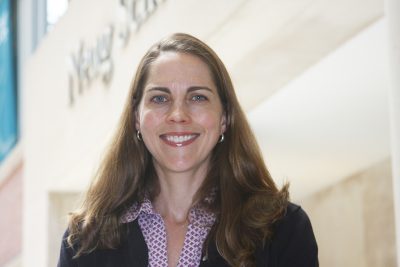
The University of Connecticut has named Morgaen L. Donaldson, a renowned scholar of educational leadership and policy, as the next Philip E. Austin Endowed Chair.
The Austin Chair was endowed by a group of alumni and supporters to recognize President Emeritus Austin’s many contributions to the University, leading UConn’s transformation into its present status as a top public university in the nation. As the 13th president, serving from 1996 to 2007, Austin led the University through a five-fold growth in the endowment, an increased reputation for academic excellence, national athletic success, and many other points of pride.
Faculty who hold the chair will continue Austin’s legacy of excellence, working to further elevate UConn’s national prominence in the areas of policy-relevant research, public engagement, interdisciplinary scholarship, and student engagement. The term of the Austin Chair is three years, with possibility of renewal for a second consecutive term.
Donaldson is the associate dean of research, a professor of educational leadership, and director of the University’s Center for Education Policy Analysis, Research, and Evaluation (CEPARE), all in the Neag School of Education. She is also co-director of the Connecticut COVID-19 Education Research Collaborative, a partnership between Connecticut’s institutions of higher education and the Connecticut State Department of Education, and a research affiliate of the Project on the Next Generation of Teachers at Harvard University.
Her research has significant policy implications in multiple domains, including educator quality, educator development and evaluation, teacher retention, district and school leadership, and teachers’ unions, with a particular focus on urban and rural schools. She is the author of more than 40 articles and four books, including her recent publication, “Multidisciplinary Perspectives on Teacher Evaluation: Understanding the Research and Theory” (Routledge, 2020).
“I have long admired President Austin’s commitment to producing policy-relevant research that serves the public and look forward to building on this legacy.”
— Morgaen L. Donaldson,
Philip E. Austin Endowed Chair
“Dr. Donaldson’s selection for this role continues a legacy of exceptionally prolific scholars at UConn serving as the Austin Chair, recognizing their work that extends far beyond our campuses and into communities in the realms of policy and public engagement. This is a well-deserved award in honor of her broad-ranging and impactful work,” says Carl Lejuez, provost and executive vice president for academic affairs.
Donaldson’s work has been funded by the Institute of Education Sciences, Connecticut General Assembly, the American Educational Research Association, the Spencer Foundation, the National Science Foundation, and the Connecticut State Department of Education and has won awards from the American Educational Research Association, National Academy of Education, and University Council for Educational Administration.
“We’re incredibly proud of Morgaen for having been named the latest Austin Chair,” says Jason G. Irizarry, dean of the Neag School. “This is a tremendous individual recognition of her stellar ongoing contributions, and at the same time a reflection of the strong level of scholarly research, policy analysis, and public engagement work coming out of the Neag School.”
“It is a great honor to be named the Philip E. Austin Endowed Chair. I have long admired President Austin’s commitment to producing policy-relevant research that serves the public and look forward to building on this legacy as Austin Chair,” says Donaldson.
The Austin Chair is awarded to a tenured associate or full professor in either the College of Liberal Arts and Sciences or the Neag School of Education who has a distinguished record in both policy-relevant research (for example in social, education, health, housing, environmental, criminal justice, or other salient policy areas) and public engagement (work that is highly visible and relevant to both scholarly and lay audiences). Candidates are reviewed by a committee appointed by the provost.
The previous Austin Chairs are Stephen L. Ross, professor in the Department of Economics (CLAS); Preston Britner, professor in the Department of Human Development and Family Sciences (CLAS); and Kathleen Segerson, Board of Trustees Distinguished Professor in the Department of Economics (CLAS).
More information about the Austin Chair can be found at the Provost’s Office website.
Q&A: Meet the Neag School of Education Dean Jason G. Irizarry
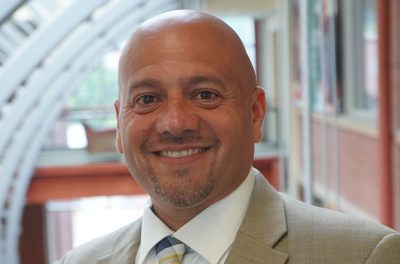
Meet Jason G. Irizarry, Ed.D., who is kicking off his first full academic year as dean of UConn’s Neag School of Education. Irizarry, who grew up in New York City and served as a teacher before pursuing a path to leadership in higher education, was appointed dean for a five-year term in May 2021.
“As an internationally recognized scholar and leader, Dean Irizarry represents the absolute best in higher education,” says H. Richard Milner IV, professor and Cornelius Vanderbilt Chair of Education at Vanderbilt University’s Peabody College. “During these times of serious social, political, health and economic challenges, Dean Irizarry brings exceptional vision, fortitude, empathy, knowledge, disposition and skill to this position through an impressive body of research and scholarship that will advance equity in education and beyond.”
“This is a time for all in education to celebrate as Dean Irizarry will continue his work to build structures and systems to improve the human condition,” adds Milner, who is a member of the National Academy of Education and an American Educational Research Association Fellow.
Irizarry served most recently as associate dean for academic affairs at the Neag School.
Q: What might the Neag School community not know about you?
A: I’m a first-generation Latino college graduate. I grew up in low-income housing in New York City, raised by mygrandmother, who worked as a bilingual family assistant in our neighborhood elementary school. Although she never had the chance to pursue college herself, my grandmother instilled in me at a very early age that higher education was essential, and the logical next step for me after high school, although neither one of us had the cultural or financial capital to be able to navigate that system effectively. Despite being a solid student active in various clubs, including serving as student council president, I received little guidance about the college application and financial aid process. My dream of attending college was just that: a dream.
“My dream of attending college was just that: a dream.”
Q: How did you come to make that dream a reality?
A: I applied to Siena College, a small Catholic school in upstate New York, because a friend who had graduated a year before me said they gave him a generous scholarship. I thought maybe I, too, could follow in his footsteps and secure the resources necessary to attend college, fulfilling my grandmother’s dream for me.
After submitting my application materials for consideration, we planned our visit for the interview. I had never been that far upstate or seen the campus other than a few pictures in a colorful brochure. I was a bundle of nerves, as you can imagine, knowing that I needed everything to fall in place; from getting admitted, to being awarded the funds I needed, to even have a chance of attending. Lo and behold, a few weeks later, which felt like years at the time, the admissions letter and an extremely generous financial aid package arrived. I went on to graduate from Siena, then attended grad school at SUNY Albany and UMass Amherst.
Q: Why did you decide to pursue a career in academia?
A: When I started my doctoral program, I was thrilled to be a consumer of knowledge. I read everything I could get my hands on. As I progressed toward completing my degree, I started to feel more efficacious about my ability to produce scholarship and make a meaningful contribution to ongoing conversations in the field of education, generally, and urban education, more specifically.
I was incredibly blessed to be mentored by Dr. Sonia Nieto, one of the preeminent scholars in the field, and her support was invaluable as I tried to carve out my career path. Upon graduation I started my career as a postdoctoral fellow here in the Neag School, and it is amazing to think that, 16 years later, I am now the dean.
“As dean of the Neag School of Education, I am now also looking forward to helping to secure the kind of scholarship support for our own students that I myself so heavily relied on during my college career.”
Q: How have you taken the lessons you have learned through your personal experiences and carried them throughout your career?
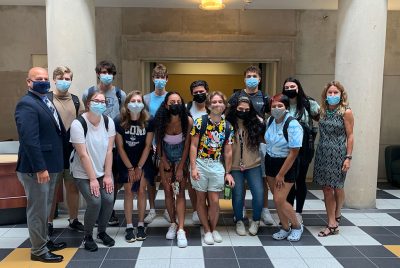
A: Beginning as a middle school teacher in New York City, then serving as the director of a “town-gown” partnership aimed at increasing the number of teachers of color in urban schools, and later embarking on a career as a faculty member in higher education, I have consistently sought professional opportunities that allow me to work collaboratively with urban youth and communities to transform educational institutions so that they work in the best interest of those they serve.
I have spent the 14 years since earning my doctorate and beginning my career in the academy trying to do good work while honoring a particular set of commitments, including: engaging in humanizing, mutually enriching approaches to scholarship; amplifying the voices of communities of color and, in particular, students of color, and inserting these often- silenced perspectives into discussions around educator preparation and education policy; and supporting emerging scholars of color. These commitments undergird my research, teaching, and service, and have informed each of the more than 50 publications; the more than 100 presentations I have delivered at professional conferences, schools, universities, and community-based organizations; my teaching; and all of my professional service in and out of the academy.
My experiences navigating educational system has bolstered my commitment to improving access to higher education, especially for students from communities that have been underserved by schools. As dean of the Neag School of Education, I am now also looking forward to helping to secure the kind of scholarship support for our own students that I myself so heavily relied on during my college career. For me, hard work was part of the equation, but hard work in and of itself can be insufficient for achieving your educational goals. It is only when hard work meets up with opportunity that success is achieved as a result of the generosity of donors.
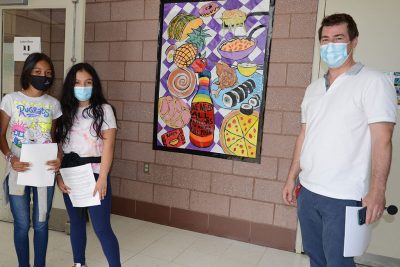
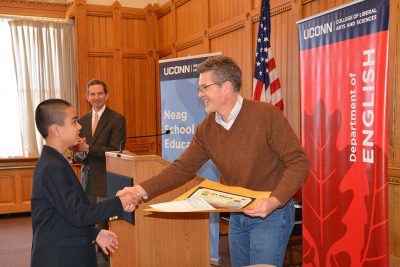
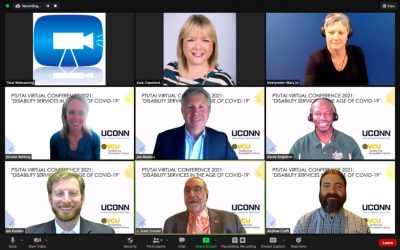



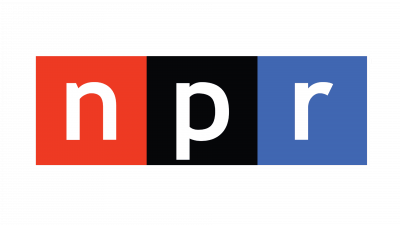 Preston Green participated in the
Preston Green participated in the 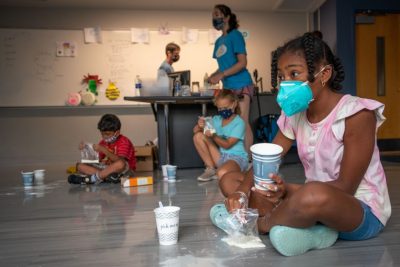
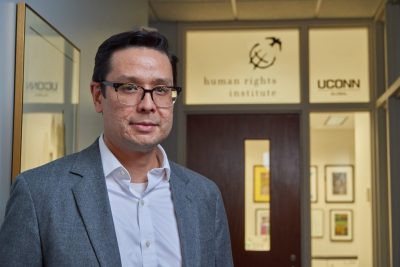

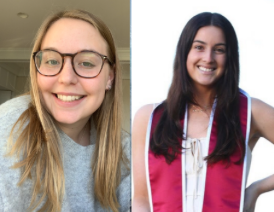
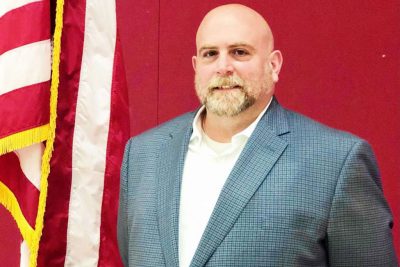
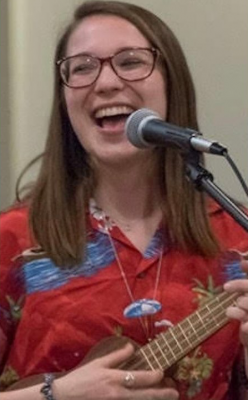
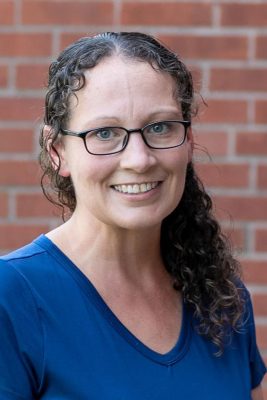
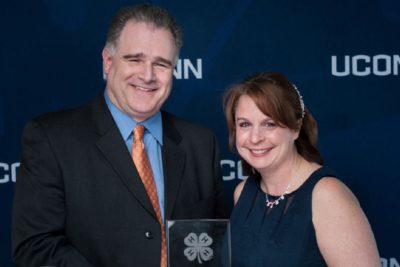
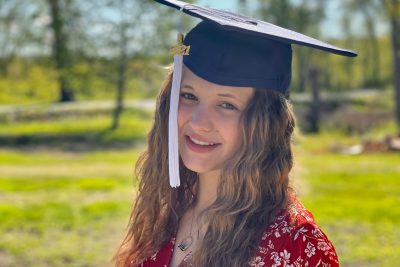
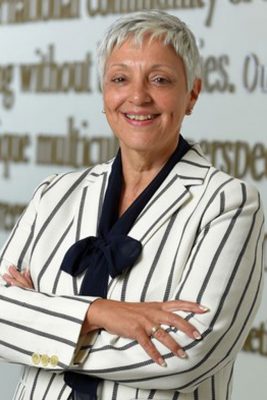
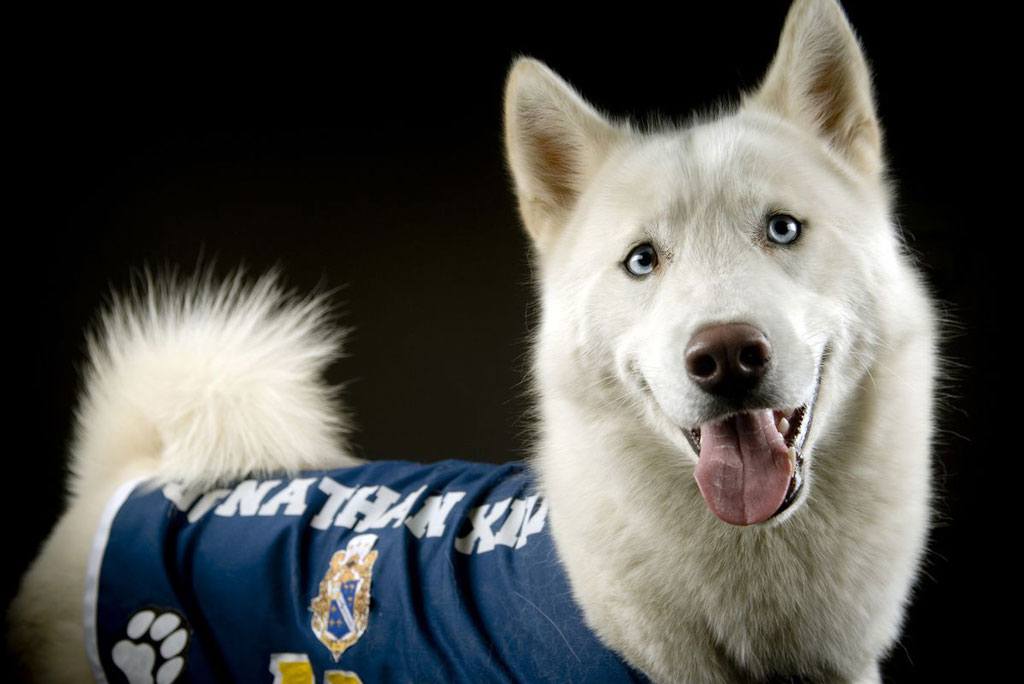
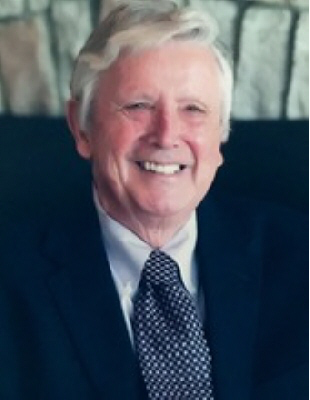

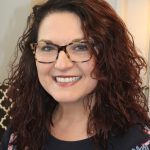
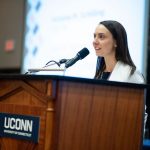
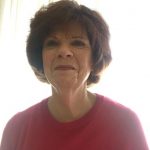
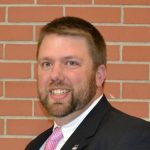
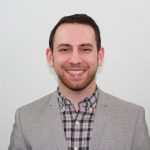 Hometown: Orange, Connecticut
Hometown: Orange, Connecticut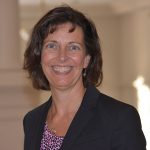 Hometown: Simsbury, Connecticut
Hometown: Simsbury, Connecticut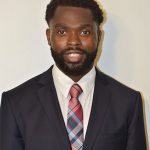
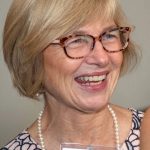 Hometown: Wethersfield, Connecticut
Hometown: Wethersfield, Connecticut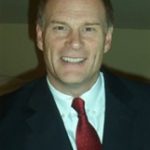
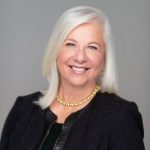 Hometown: Westport, Connecticut
Hometown: Westport, Connecticut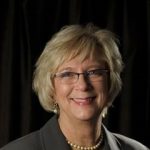
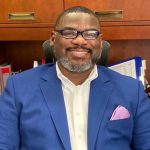 Hometown: Springfield, Massachusetts
Hometown: Springfield, Massachusetts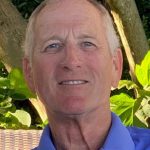 Hometown: Bloomington, Indiana
Hometown: Bloomington, Indiana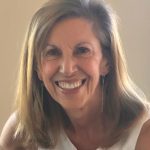 Hometown:
Hometown: 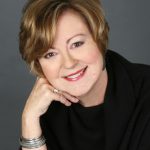 What do you want people to know about the Neag School? To be able to follow your dreams and receive all the support and encouragement you need to make them a reality is for me (as a two-time alumna) the No. 1 reason to study at the Neag School of Education. Through research, curriculum design, leadership, school psychology, and so much more, the Neag School serves as an intellectual incubator for everyone who wants to change the world through education, both in the U.S. and internationally.
What do you want people to know about the Neag School? To be able to follow your dreams and receive all the support and encouragement you need to make them a reality is for me (as a two-time alumna) the No. 1 reason to study at the Neag School of Education. Through research, curriculum design, leadership, school psychology, and so much more, the Neag School serves as an intellectual incubator for everyone who wants to change the world through education, both in the U.S. and internationally.